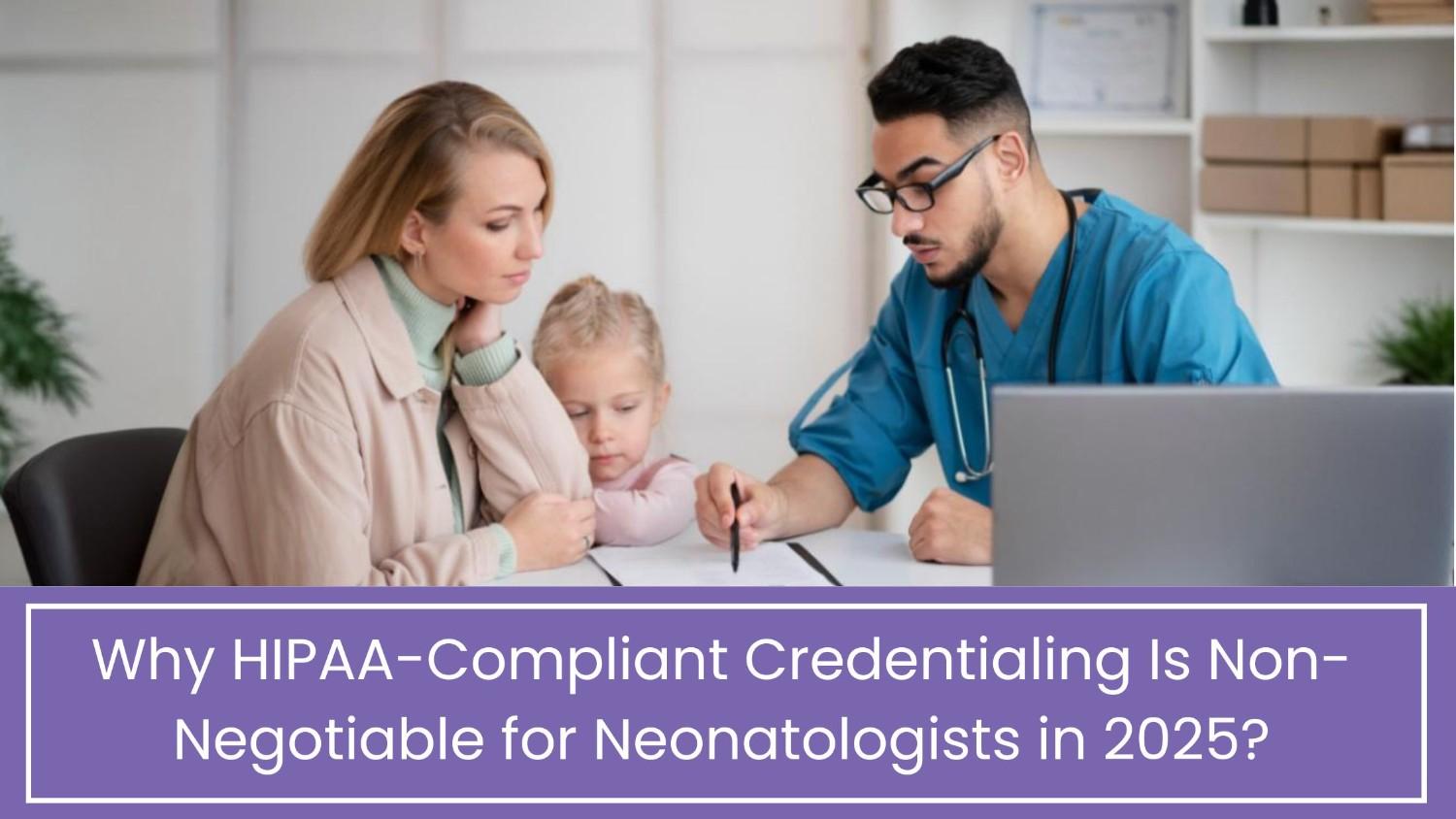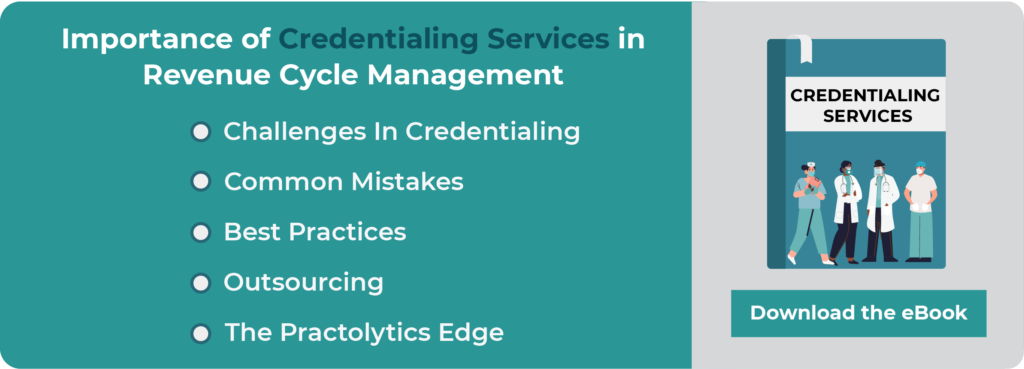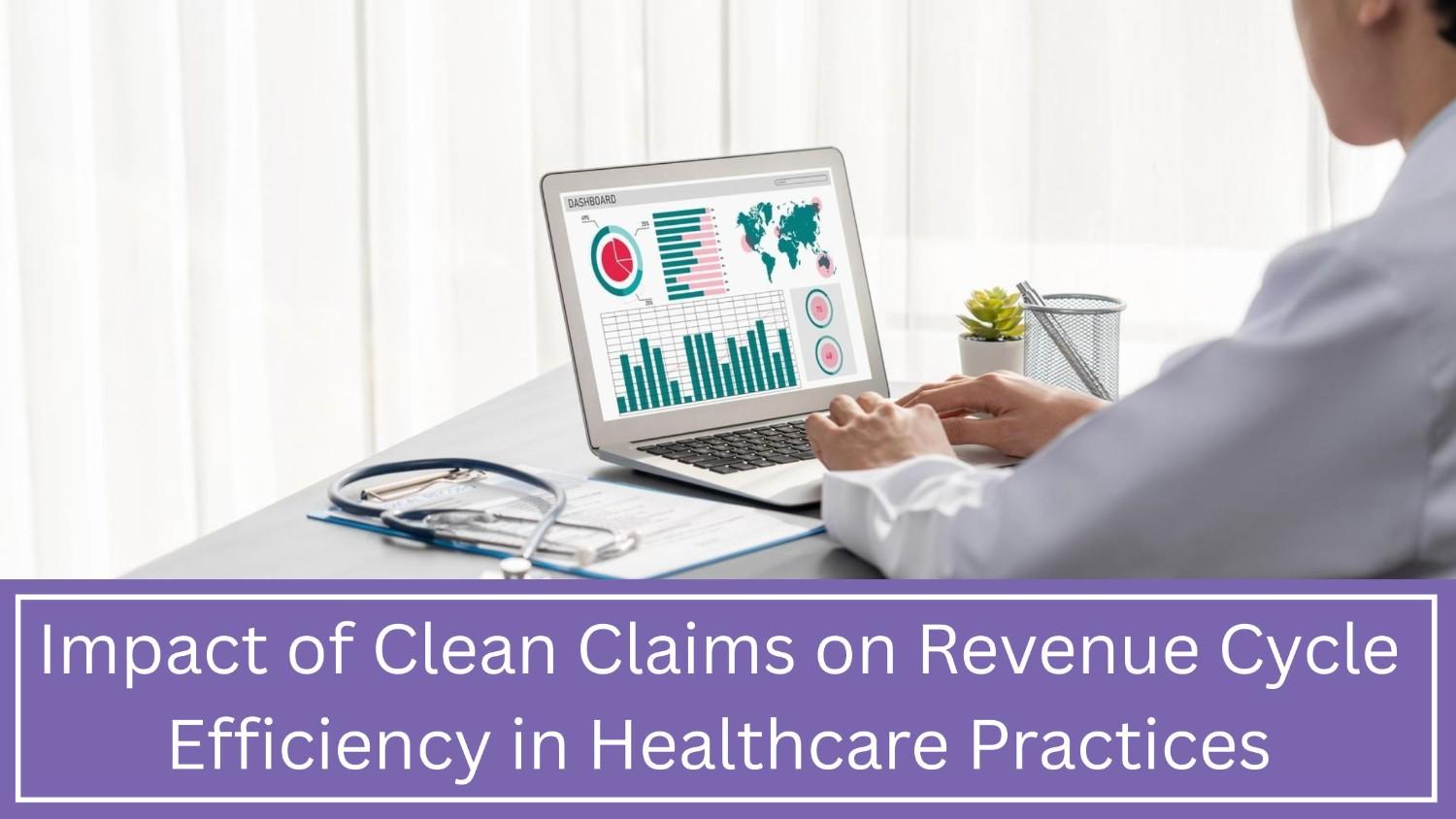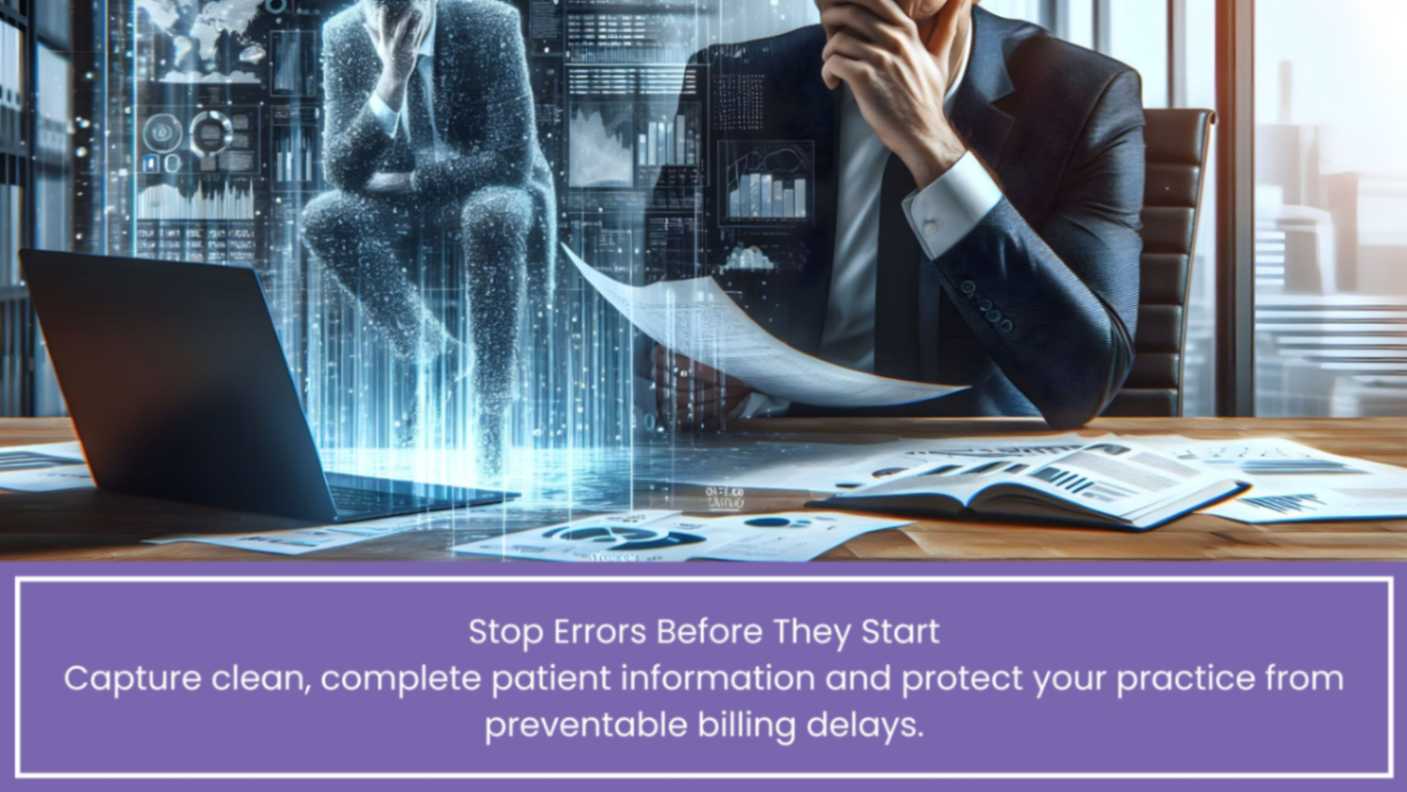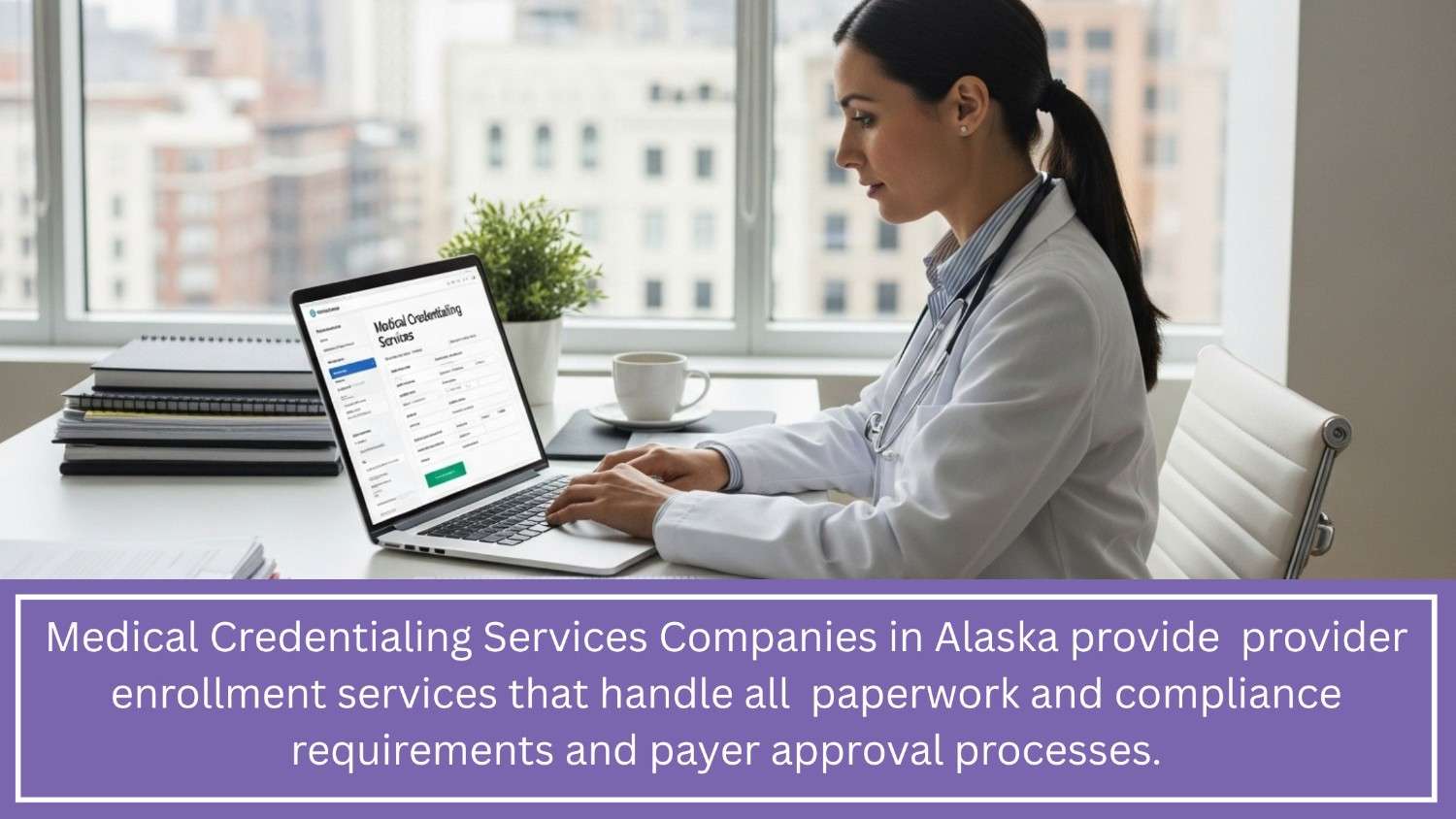Why HIPAA-Compliant Credentialing Matters for Neonatologists
Why HIPAA-Compliant Credentialing Matters for Neonatologists goes far beyond routine paperwork—it’s the key to hospital privileges, payer reimbursements, and seamless patient care. In 2025, even small credentialing errors can cause significant delays or outright denials. Neonatologists face distinct challenges, from rapid hospital onboarding to managing multi-state licenses. That’s why Practolytics delivers credentialing solutions designed for the highest compliance standards and the busiest healthcare professionals. With secure data handling, real-time status tracking, and a team that understands your needs, we ensure your credentials stay active, accurate, and fully HIPAA-compliant. Because when patient outcomes and revenue depend on it, you need more than a vendor—you need a trusted credentialing partner.
Table of Contents
Why HIPAA-Compliant Credentialing Is Non-Negotiable for Neonatologists in 2025?
If you’re a neonatologist in 2025, chances are your day starts early, ends late, and rarely slows down. You’re caring for the most fragile patients—newborns in critical condition—while juggling ever-evolving care protocols, complex hospital systems, and tighter scrutiny from insurance payers.
In the middle of all that, credentialing can feel like just another box to check. But here’s the truth: if your credentialing process isn’t HIPAA-compliant, it’s not just an administrative issue—it’s a serious risk to your revenue, your access to hospital privileges, and your professional standing.
At Practolytics, we work with providers across 28+ specialties, including neonatology, helping them navigate credentialing with precision and peace of mind. With over 20 years of experience and a 98% first-time approval rate, we know exactly how high the stakes are—and how easy it is for non-compliant systems to derail even the best-run practices.
In this blog, we’re breaking down why HIPAA-compliant credentialing is no longer optional for neonatologists in 2025—and how outsourcing it to an expert team like Practolytics can make all the difference for your practice, your patients, and your peace of mind.
Credentialing: Not Just a Formality, But a Lifeline!
Credentialing is more than just a background check. It’s a full-scale vetting process that validates a provider’s qualifications, licenses, education, training, work history, certifications, and affiliations. It’s what makes you eligible to:
- Treat patients in hospitals and NICUs
- Bill insurance companies
- Join managed care networks
- Secure malpractice coverage
- Maintain privileges at affiliated hospitals
But even if your credentials are flawless, it won’t matter if they’re not properly documented, submitted, and protected in accordance with HIPAA laws.
And here’s the hard truth: 2025 is no longer forgiving when it comes to compliance errors. Credentialing mistakes are now among the top reasons why providers lose payer contracts or experience major revenue disruptions.
HIPAA Layer: Why It’s More Than Just a Box to Check?
HIPAA—the Health Insurance Portability and Accountability Act—is best known for protecting patient records, but it goes beyond that. It also covers the personal and professional information used during credentialing, making sure provider data is handled just as securely.
Why? Because credentialing involves the handling and transmission of:
- Personal identifiers (SSNs, addresses, DOBs)
- Medical license numbers
- DEA numbers
- Hospital affiliations
- Insurance NPI data
- Past disciplinary actions
All of this is considered Protected Health Information (PHI) under HIPAA when used for administrative or payment-related purposes.
HIPAA compliance means ensuring this data is:
- Securely transmitted (e.g., no emailing spreadsheets)
- Encrypted during storage and transfer
- Access-controlled so only authorized users can view or edit it
- Auditable, with records showing who accessed what and when
In short, if your medical credentialing process is even slightly outdated or informal, you may already be non-compliant—and at risk.
2025: A New Era of Credentialing Risk for Neonatologists!
Healthcare compliance has changed rapidly in recent years, and 2025 marks a crucial shift in how seriously it’s being enforced. Here’s what’s changed:
- Cyberattacks on healthcare organizations are up 45% compared to 2022, according to IBM’s annual data breach report.
- Healthcare breaches cost an average of $11 million per incident, with credentialing databases often being a top target.
- CMS and private payers have increased revalidation frequency, and delays can now directly impact reimbursements.
- Hospital systems now require digital audit trails and compliance proof for provider onboarding.
For neonatologists, these risks are amplified due to:
- The time-sensitive nature of NICU coverage
- Rotating work across hospitals and states
- A need to maintain multiple licenses and certifications
- Collaboration with pediatric surgeons, respiratory therapists, and geneticists—each requiring their own compliance networks
Failing to maintain HIPAA-compliant credentialing can:
- Delay hospital access
- Interrupt payer reimbursements
- Lead to denied claims and stalled revenue
- Result in reputational damage
Comparing Credentialing Systems: HIPAA-Compliant vs. Non-Compliant
Let’s be honest—credentialing probably isn’t what you signed up for when you became a neonatologist. But in 2025, it’s become one of those things that can quietly make or break your ability to work smoothly. The difference between a HIPAA-compliant system and one that isn’t? It’s huge. One keeps your licenses, documents, and deadlines in check.
The other? It can leave you scrambling when you least expect it—missed renewals, delayed hospital access, even lost income. It’s not just about being organized. It’s about protecting your time, your work, and the tiny patients counting on you.
|
Credentialing Aspect |
HIPAA-Compliant Credentialing |
Non-Compliant Credentialing |
|
Data Security |
Uses encryption, MFA, and restricted access to protect sensitive provider data. |
Relies on unsecured emails, shared folders, and weak passwords—prone to breaches. |
|
Provider Info Collection |
Secure portals with access tracking ensure accuracy and confidentiality. |
Manual intake via email/fax increases risk of error and data leaks. |
|
Audit Trails |
Logs every access and change for easy auditability. |
Lacks visibility—no record of updates or user actions. |
|
Third-Party Oversight |
Vendors sign BAAs and follow HIPAA standards. |
No formal agreements or oversight; compliance gaps common. |
|
Credential Monitoring |
Automated alerts help avoid expirations and disruptions. |
Manual tracking leads to missed deadlines and delays. |
|
Disaster Recovery |
Secure backups and recovery plans ensure continuity. |
No backups; data loss or downtime can halt operations. |
|
Compliance Readiness |
Always ready for audits with organized, accessible records. |
Disorganized files make audits stressful and high-risk. |
Practices working with HIPAA-compliant systems—like those provided by Practolytics—gain the peace of mind that every credential is protected, every deadline is tracked, and every audit can be passed with confidence. In contrast, non-compliant systems leave practices exposed to risks, denials, and lost revenue.
In today’s regulatory environment, cutting corners on credentialing is not an option. With Practolytics, it never has to be.
Unique Challenges Neonatologists Face with Credentialing!
The credentialing process is already rigorous. But neonatologists deal with complexities few other specialties encounter:
- Hospital-Hopping: You may work at several hospitals simultaneously, requiring credentialing and privileging at each.
- Out-of-State Licensing: Telehealth and emergency staffing mean managing multiple state licenses, each with their own renewal cycles.
- Critical Coverage Windows: NICUs require 24/7 staffing. A single lapse in credentialing can cause massive disruptions.
- Academic & Research Ties: Many neonatologists are affiliated with academic institutions, requiring even more compliance oversight.
- Fast Turnarounds: Neonatologists often face high-urgency onboarding to meet emergent needs during surges or staff shortages.
All of these make the need for automated, HIPAA-compliant credentialing systems not a luxury—but a lifeline.
Financial Toll of Poor Credentialing!!!
Credentialing may seem like just paperwork—but it’s deeply tied to your bottom line. At Practolytics, we’ve worked with practices that lost thousands (even hundreds of thousands) annually due to simple credentialing issues:
- $300,000/year in missed reimbursements due to late renewals
- 90-day payment holds for failure to update credentials on CAQH
- Expired DEA registration led to emergency NICU staffing crisis
- Payer network termination due to credentialing documentation gaps
Even if you’re doing everything else right—seeing patients, managing care, staying compliant clinically—one administrative mistake can bring the whole machine to a halt.
Practolytics: Your Strategic Credentialing Partner!
At Practolytics, we’re not just a credentialing vendor. We’re your strategic partner in staying HIPAA-compliant, fully credentialed, and financially healthy.
Here’s how we do it:
- End-to-End Management: We take care of initial credentialing, re-credentialing, and ongoing maintenance.
- HIPAA-Certified Systems: Our platform is encrypted, access-controlled, and audited regularly.
- Dedicated Credentialing Manager: You’ll have a single point of contact who understands your specialty and your needs.
- Multi-State & Multi-Hospital Support: Whether you’re in one state or ten, one hospital or five—we handle the paperwork and coordination.
- Real-Time Tracking: We monitor every credential, license, and payer deadline—so nothing slips through the cracks.
With over 5 million claims processed annually, 31 states covered, and 1,400+ providers served, Practolytics has the infrastructure and expertise to handle even the most complex credentialing landscapes.
Power of Outsourcing Credentialing in 2025
Why are so many practices outsourcing credentialing in 2025? Because doing it in-house has become:
- Too complicated
- Too risky
- Too costly when errors happen
By outsourcing to Practolytics, you gain:
- Speed: Reduce credentialing cycle times by 30% or more
- Accuracy: 98% first-time approval rate on payer enrollments
- Transparency: Custom dashboards and real-time reports keep you in the loop
- Focus: You and your staff get to prioritize patient care—not paperwork
And most importantly: You stay compliant. Always.
Final Thoughts: Don’t Let Credentialing Be a Liability!
As a neonatologist, you’ve worked hard to build your qualifications, credibility, and career. You deserve medical credentialing services that reflect the precision and care you deserve.
In 2025, staying credentialed and HIPAA-compliant isn’t just about getting paid. It’s about:
- Being trusted by payers, hospitals, and patients
- Being protected during audits or data breaches
- Being prepared for future growth and changes in your practice
Practolytics is here to help you get credentialed faster, more securely, and with complete peace of mind.
So while you focus on saving lives, we’ll focus on protecting your practice.
Talk to Medical Billing Expert Today — Get a Free Demo Now!


